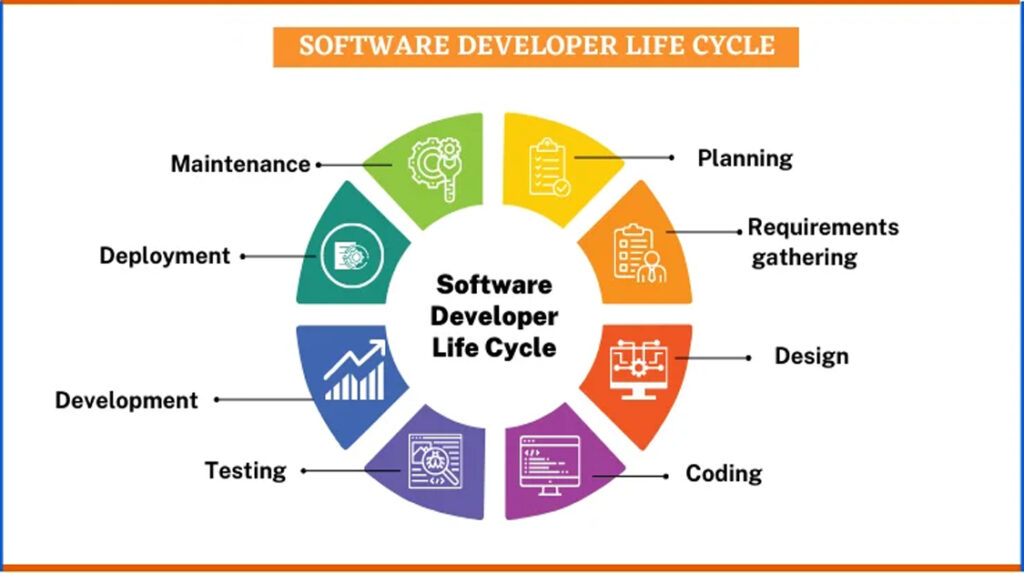
Information Technology (IT) refers to the use, development, and management of technology and computer-based systems to store, process, transmit, and retrieve information. IT encompasses a wide range of hardware, software, networks, and services that enable organizations and individuals to handle and utilize digital information effectively. IT plays a crucial role in modern business operations, communication, data management, and decision-making processes.
Here are some key areas within information technology:
- Infrastructure: IT infrastructure includes hardware components such as computers, servers, networks, data centers, and telecommunications systems. It forms the foundation for IT operations and supports the storage, processing, and transmission of data.
- Software Development: This involves the creation, customization, and maintenance of software applications and systems to address specific business needs. It includes programming, testing, debugging, and deployment of software solutions.
- Network and Security: IT networks enable data communication and connectivity within an organization and with external entities. Network administrators manage and secure network infrastructure to ensure reliable and secure data transfer, access control, and protection against cyber threats.
- Data Management: This includes the storage, organization, retrieval, and analysis of data. It involves database management, data warehousing, data governance, data integration, and data analytics to derive insights and support decision-making.
- Cloud Computing: Cloud technology allows businesses to access and store data and run applications over the internet instead of relying solely on local infrastructure. It offers scalability, cost-efficiency, and flexibility in managing computing resources and services.
- IT Support and Helpdesk: IT support professionals provide technical assistance to users, troubleshoot issues, and resolve software and hardware problems. Helpdesk services ensure smooth operations and user productivity by addressing IT-related inquiries and problems.
- Cybersecurity: With the growing threat of cyber attacks, cybersecurity is critical for protecting digital assets, sensitive information, and privacy. It involves implementing security measures, such as firewalls, encryption, access controls, and incident response, to mitigate risks and safeguard against unauthorized access or data breaches.
- IT Project Management: IT project managers oversee the planning, execution, and monitoring of IT projects, ensuring they are completed on time, within budget, and meet the defined objectives. They coordinate resources, manage stakeholders, and mitigate risks throughout the project lifecycle.
- IT Governance and Compliance: IT governance frameworks and policies ensure that IT operations align with business goals, comply with regulations, and adhere to industry standards. It includes risk management, compliance audits, and IT strategy development.
- Emerging Technologies: IT encompasses emerging technologies such as artificial intelligence (AI), machine learning, blockchain, Internet of Things (IoT), and virtual reality (VR). These technologies have the potential to revolutionize industries and create new opportunities for businesses.
Information technology has become an integral part of modern business operations, enabling automation, efficiency, innovation, and improved decision-making. It empowers organizations to streamline processes, enhance communication, optimize workflows, and gain a competitive edge in the digital era.